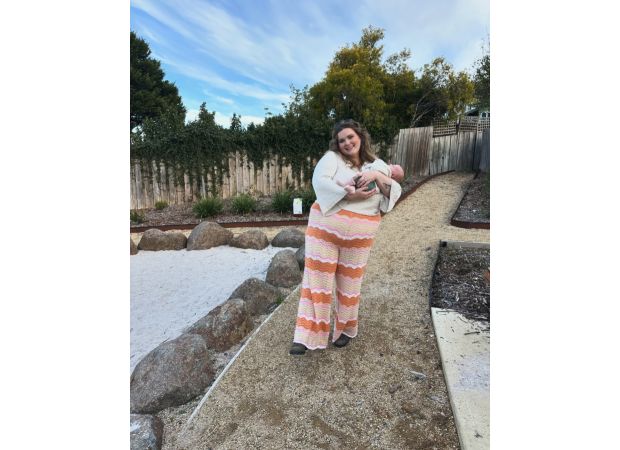Using Katie's weight at school would have worsened her illness.
Why do we believe that what individuals and children require is increased control over their bodies, leading to regression?

Why do we believe that what individuals and children require is increased control over their bodies, leading to regression?


